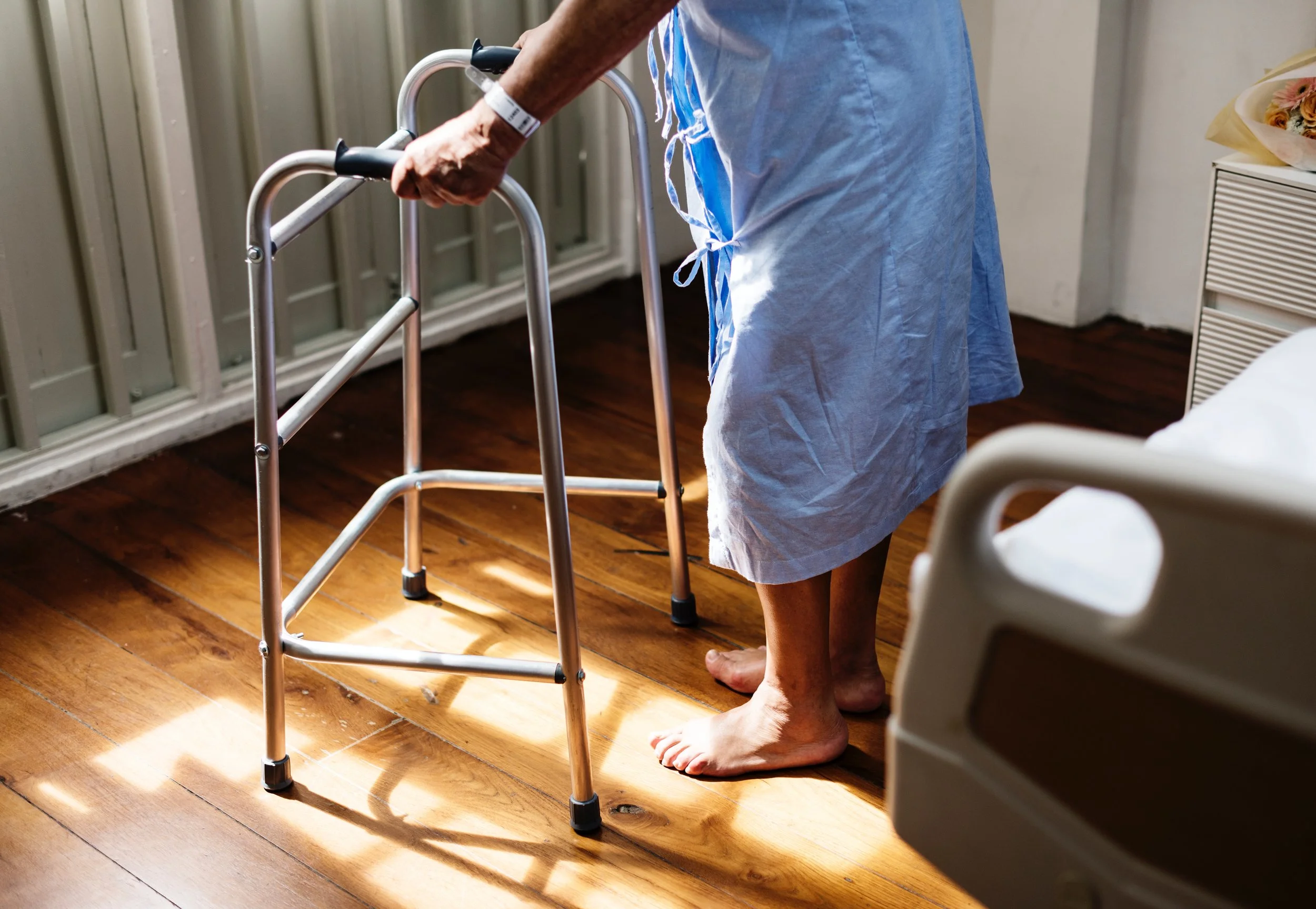Dizziness
Below are common conditions that can contribute to a sense of dizziness or unsteadiness, as described by the American Physical Therapy Association.
Benign Paroxysmal Positional Vertigo
Benign paroxysmal positional vertigo is a common inner-ear problem affecting the vestibular system, a system used to maintain balance. BPPV causes short periods of dizziness when your head is moved in certain positions, relative to gravity. Benign means that this disorder is not life threatening, and generally, the disorder is not progressive. Paroxysmal means that the vertigo (spinning sensation) occurs suddenly. Positional means that the vertigo is triggered by changes in head position, most commonly when lying down, turning over in bed, or looking up. This dizzy or spinning sensation is called vertigo.
Balance Problems
Balance problems make it difficult for people to maintain stable and upright positions when standing, walking, and even sitting. Older people are at a higher risk of having balance problems; 75% of Americans older than 70 years are diagnosed as having "abnormal" balance. Older women are more likely than older men to develop balance problems, although the difference between the genders is small. Balance problems increase by almost 30% in people aged 80 years or more. Mexican-Americans have the highest rate of balance problems among all Americans. Physical therapists develop individualized physical activity plans to help improve the strength, stability, and mobility of people with balance problems.
Concussion
Concussion is a brain injury that occurs when the brain is violently shaken. The injury can happen during rapid movement changes (such as whiplash) or when the head is directly hit. This shaking or hitting of the head causes unpredictable injury to any area of the brain, resulting in immediate or delayed changes in the brain's chemistry and function. Less than 10% of concussions involve a loss of consciousness. Depending on which area of the brain suffers injury, many different temporary or permanent problems with brain function can occur.



